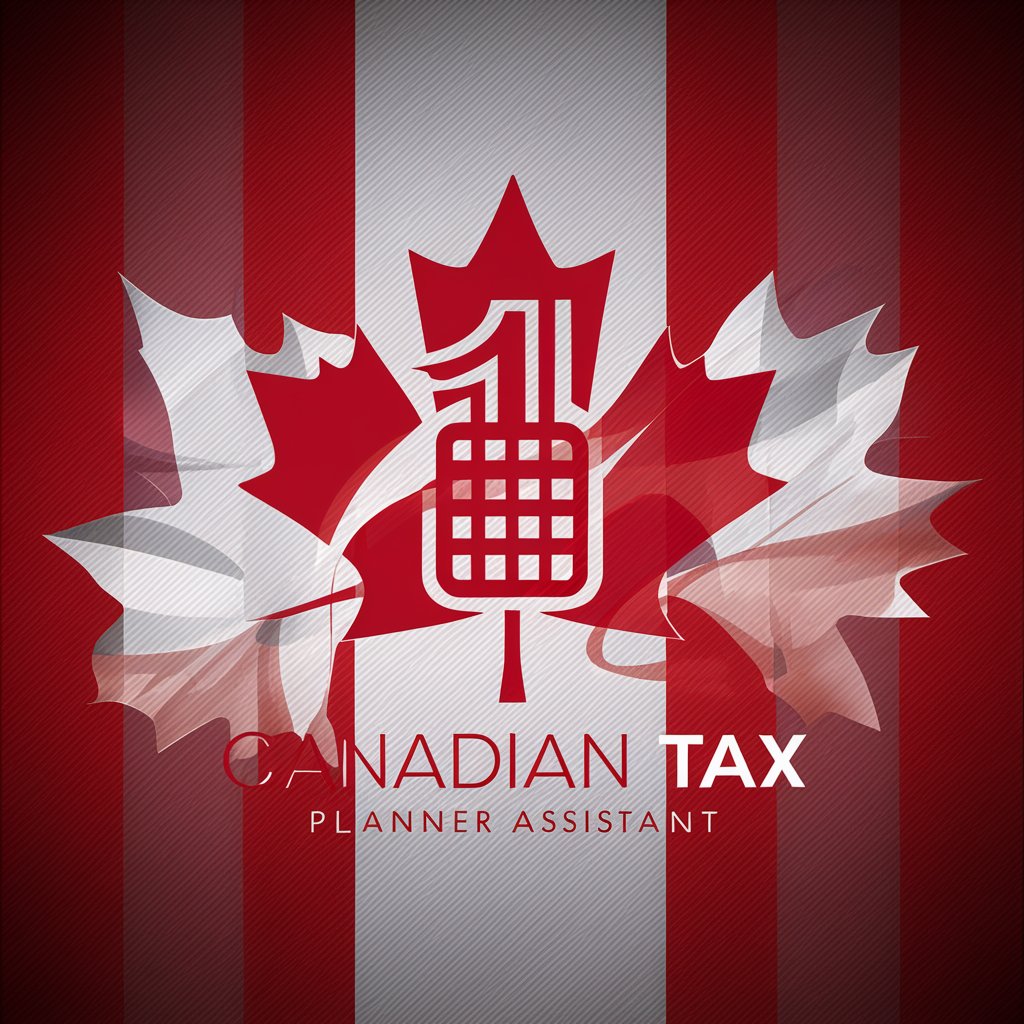
NZ Expat Tax and Employee Share Scheme - NZ Tax Guide for Expats & Employees

Welcome! Let's navigate NZ taxes together.
Simplifying NZ Tax for Expats and Shareholders
Can you explain the tax implications for expats working in New Zealand?
What are the key deadlines for filing tax returns in New Zealand?
How do double taxation treaties affect my tax obligations?
What should I know about employee share schemes in New Zealand?
Get Embed Code
Overview of NZ Expat Tax and Employee Share Scheme Guide
The NZ Expat Tax and Employee Share Scheme Guide is designed to serve as a comprehensive resource for understanding tax implications for expatriates in New Zealand and individuals participating in employee share schemes. Its primary objective is to demystify the complex tax regulations, deadlines, deductions, and the process of filing tax returns in New Zealand. It provides detailed guidance on how to navigate the tax system efficiently, with a special focus on the challenges faced by expatriates and those involved in employee share schemes. For example, it offers insights into how expats can claim tax credits for income taxed in both their home country and New Zealand, and explains the tax obligations for New Zealand residents receiving shares as part of their employment compensation. Powered by ChatGPT-4o。

Core Functions and Real-World Applications
Guidance on Tax Regulations for Expatriates
Example
Explaining the implications of the double tax agreements (DTAs) New Zealand has with other countries, and how these can affect the tax obligations of expatriates living in New Zealand.
Scenario
An expat from the UK, working in New Zealand, wants to understand how their income is taxed in both countries and how to claim relief to avoid double taxation.
Advice on Employee Share Schemes
Example
Providing information on the taxation of various types of share schemes, including ESOPs (Employee Stock Ownership Plans) and RSUs (Restricted Stock Units), and how these benefits are taxed at different stages of vesting and sale.
Scenario
A software engineer at a New Zealand-based tech company participates in an RSU plan and seeks advice on when and how these shares are taxed upon vesting and eventual sale.
Tax Filing Assistance
Example
Offering step-by-step guidance on filing tax returns in New Zealand, including deadlines, necessary documents, and how to report foreign income.
Scenario
A New Zealand resident who has recently returned from abroad needs to file a tax return that includes foreign income and seeks guidance on the process.
Tax Saving Strategies
Example
Identifying opportunities for tax deductions and credits available to expatriates and individuals in employee share schemes, aiming to reduce their overall tax liability.
Scenario
An individual participating in an ESOP wants to explore tax-saving opportunities related to their share ownership, such as deductions for investment-related expenses.
Target User Groups
Expatriates in New Zealand
Individuals who have moved to New Zealand for work or personal reasons and face unique tax considerations due to their expatriate status. They benefit from understanding the tax implications of their residency status, how to navigate double taxation, and how to maximize tax efficiencies with international income.
Participants in Employee Share Schemes
Employees who receive shares as part of their compensation package and need to understand the tax implications of these benefits. This includes how shares are taxed upon vesting or sale, and strategies for minimizing tax liabilities associated with these schemes.
Tax Professionals and Advisors
Professionals seeking a comprehensive resource to better assist their clients with expat tax issues and the complexities of employee share scheme taxation. They use the guide to stay updated on regulations and strategies for advising their clients effectively.
HR Professionals
HR professionals and compensation managers in companies that offer employee share schemes, requiring detailed knowledge on the tax implications for their employees. This helps in providing accurate advice to employees and structuring compensation packages efficiently.

How to Utilize NZ Expat Tax and Employee Share Scheme
1
Start by visiting yeschat.ai for a complimentary trial, no ChatGPT Plus or login required.
2
Identify your tax scenario or question related to NZ expat taxes or employee share schemes to find relevant guidance and information.
3
Explore the available resources and tools offered by NZ Expat Tax and Employee Share Scheme to better understand your tax obligations and benefits.
4
Use the interactive Q&A feature to ask specific questions and receive tailored responses that help clarify your tax situation.
5
Consider consulting with a professional tax advisor for personalized advice, especially for complex cases or when planning tax-saving strategies.
Try other advanced and practical GPTs
The WordWright - Fully Optimized 10x SEO Articles
Elevating SEO Content with AI Precision

Multiverse Decision Maker
Explore Every 'What If' with AI

Doge Multiverse FreqTrade GPT
Elevate Your Trading with AI-Powered Insights

Multiverse Explorer
Explore infinite universes, powered by AI.

Multiverse Storyteller
Craft Infinite Stories, Powered by AI

Multiverse Me
Adaptive AI for Personalized Interaction

Aust Tax Lawyer - RSUs and Employee Share Schemes
Navigating tax complexities of RSUs and Employee Share Schemes with AI-powered expertise.

Complimentary Color Scheme Generator
AI-Powered Color Harmony at Your Fingertips

Color Schemer
Design Colors, AI-Enhanced

Object Identifier
Discover, Learn, Identify with AI

Create Abstract Language Objects
Sculpting Language with AI Precision

🕵️Waldo | |-Spy | Scavenger Hunt | Hidden Objects
Unleash creativity with AI-powered puzzles

Frequently Asked Questions about NZ Expat Tax and Employee Share Scheme
What is NZ Expat Tax and how does it affect me?
NZ Expat Tax refers to the tax obligations and entitlements for New Zealand citizens living abroad or individuals working in NZ under certain conditions. It includes income tax considerations, double taxation agreements, and specific exemptions that might apply to your situation.
How do Employee Share Schemes work in New Zealand?
Employee Share Schemes in NZ allow employees to receive shares in the company they work for, often at a discounted price. The tax implications of these schemes can vary, including when you acquire the shares and when you sell them, affecting your income tax.
Can I avoid double taxation if I'm working overseas?
Yes, New Zealand has double taxation agreements with many countries, which means you can often claim a credit for tax paid overseas on the same income. It's important to keep detailed records and possibly seek professional advice to navigate these rules.
What are the deadlines for filing tax returns in New Zealand?
The tax year in New Zealand runs from 1 April to 31 March, with tax returns generally due by 7 July if filing on paper or 7 February the following year if you’re using a tax agent or filing electronically.
How can NZ Expat Tax and Employee Share Scheme help me save on taxes?
By providing detailed information and guidance on tax deductions, credits, and planning strategies relevant to your specific situation, this tool helps you identify opportunities to reduce your tax liability legally and efficiently.





